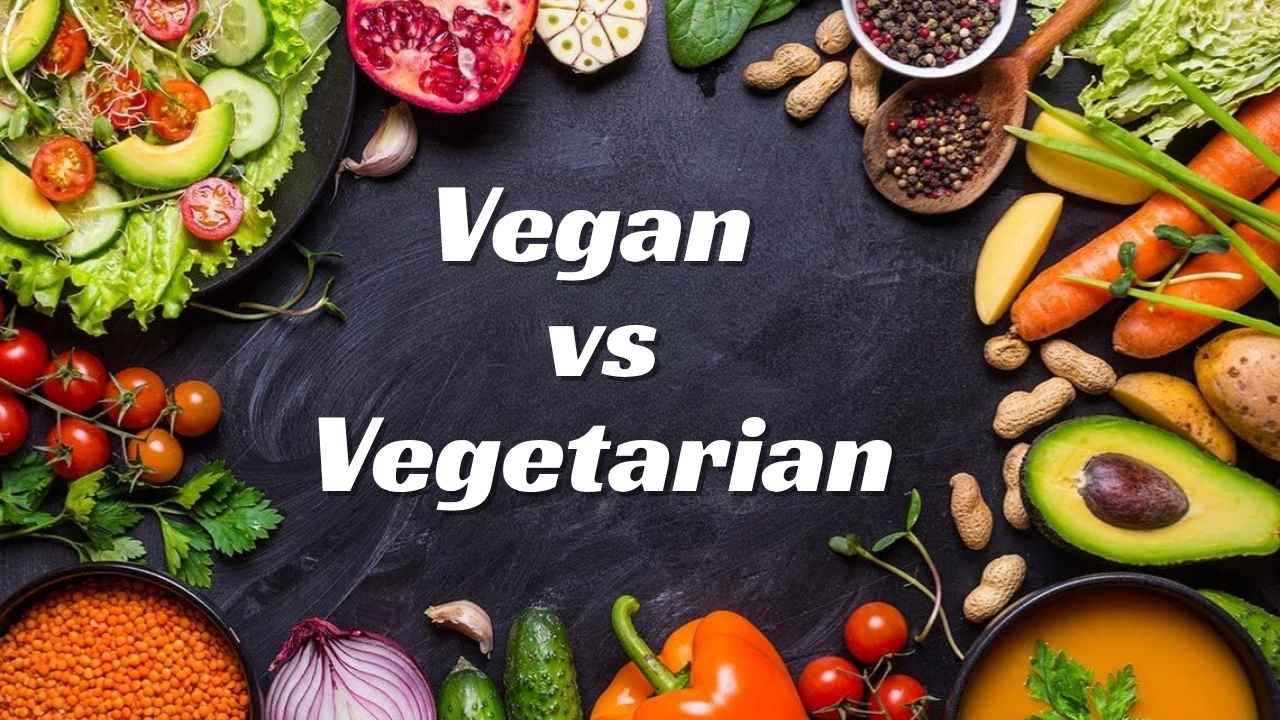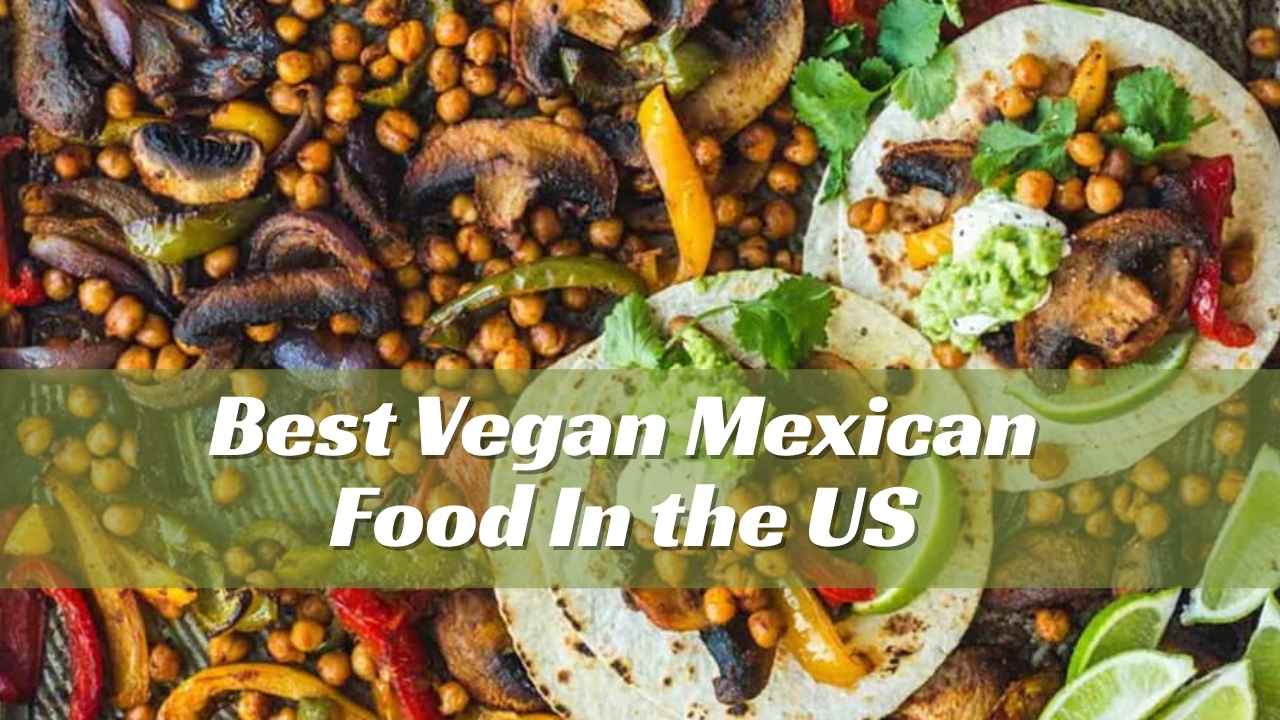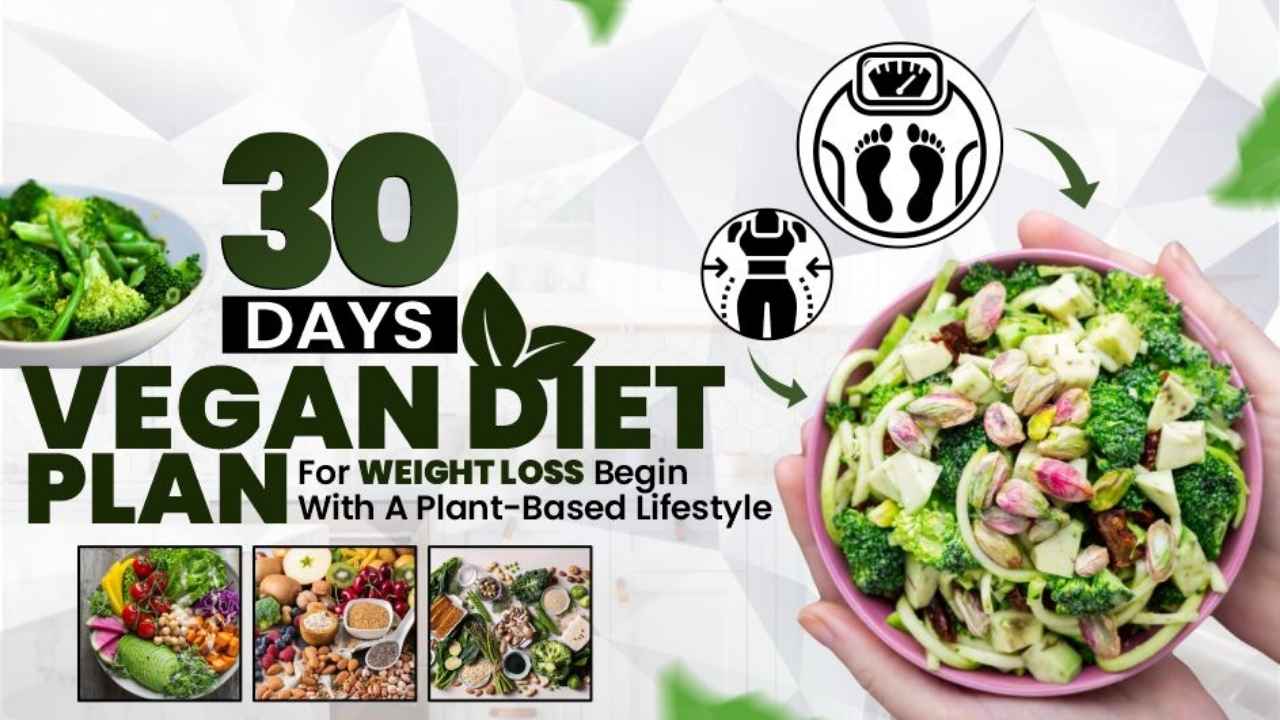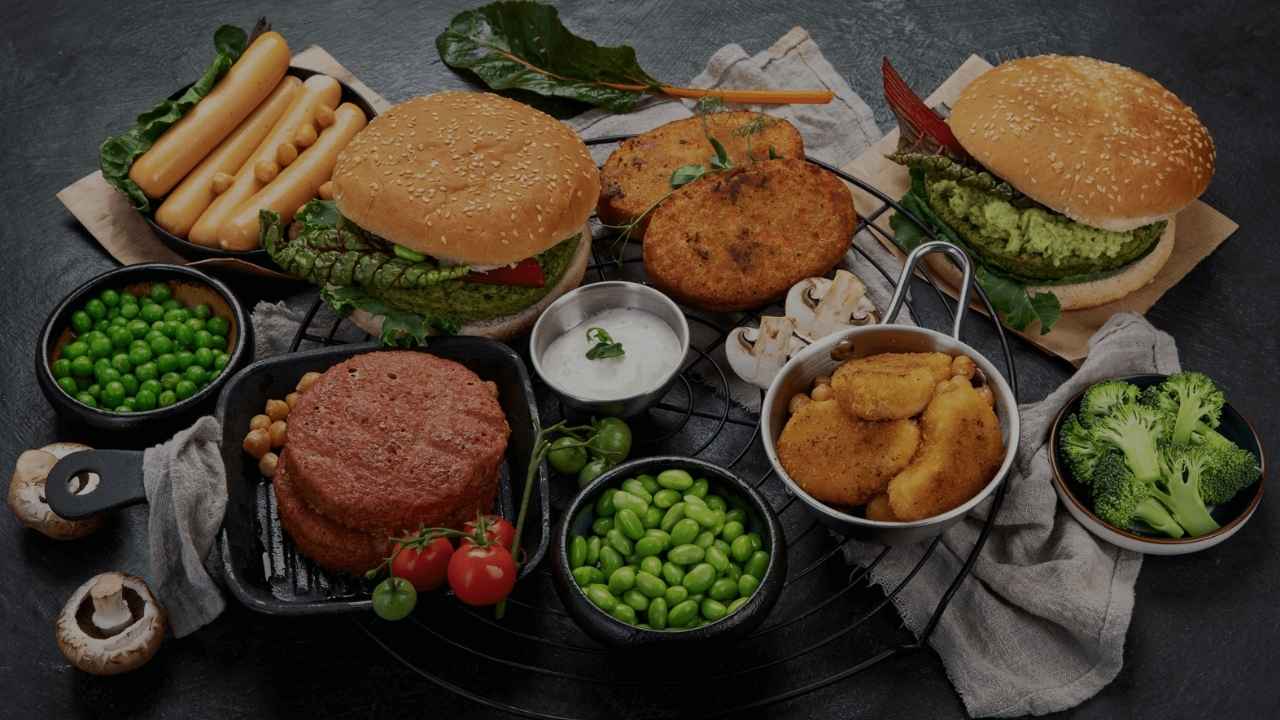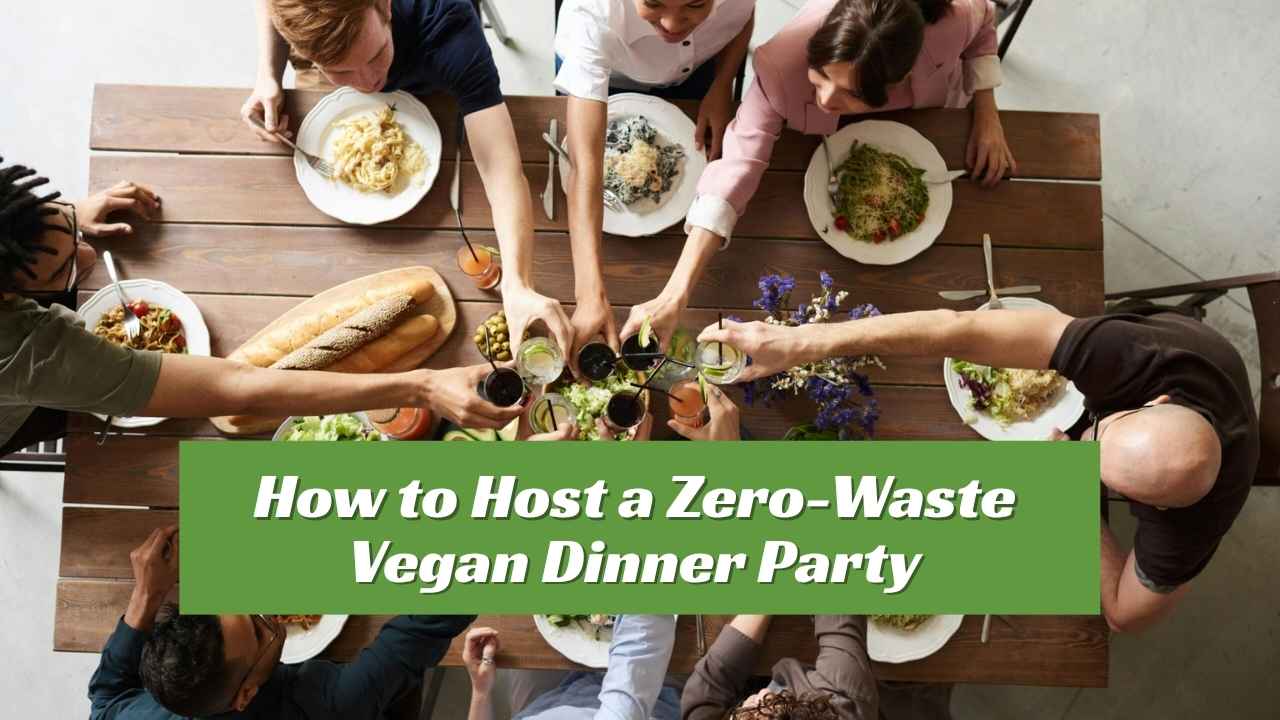Are you considering a plant-based diet but unsure which path to take? Vegan or vegetarian both sound similar, but the choices you make can impact your health, lifestyle, and ethical footprint in very different ways.
From ethical concerns to nutrition and environmental effects, knowing the real differences between vegan and vegetarian diets can guide your meals and habits. Here is a clear, practical breakdown to help you decide your plant-powered path.
Ethics, Health, and Diet: Understanding Vegan vs Vegetarian Lifestyles
Vegetarian diets exclude meat but allow eggs, dairy, and honey, offering flexibility, easier nutrient intake, and moderate ethical focus, while still reducing environmental impact compared to meat-based diets.
Veganism eliminates all animal products, emphasizing ethics, sustainability, and health. It extends beyond food into lifestyle choices, demanding careful planning to meet nutritional needs.
Both vegan and vegetarian diets provide heart and weight benefits, but vegans often achieve higher fiber, antioxidant intake, and lower saturated fat, while vegetarians have easier protein and B12 access.
Choosing vegan or vegetarian depends on personal goals, ethical beliefs, and lifestyle. Both reduce environmental impact and promote health, but veganism requires stricter adherence and full commitment.
Key Differences Between Vegan & Vegetarian Diets
| Aspect | Vegetarian | Vegan |
|---|---|---|
| Animal Products | Eggs, dairy, honey allowed | No animal products at all |
| Meat | Avoided | Avoided |
| Ethics | Moderate focus on animal welfare | Strong focus on animal liberation |
| Lifestyle | Primarily dietary | Dietary + lifestyle (clothing, cosmetics) |
| Environmental Impact | Lower than meat-eaters | Significantly lower carbon footprint |
| Flexibility | More adaptable, easier to maintain | Strict, requires careful planning |
What Is Vegetarian?
Vegetarians avoid meat, poultry, and fish, but still consume some animal products like eggs, dairy, and honey. It’s a flexible approach often motivated by:
- Health – Lower risk of heart disease and cholesterol.
- Ethical reasons – Avoiding animal slaughter while still using animal byproducts.
- Environmental concerns – Reduced carbon footprint compared to meat-eaters.
Types of Vegetarian Diets
- Lacto-vegetarian – Includes dairy but no eggs.
- Ovo-vegetarian – Includes eggs but no dairy.
- Lacto-ovo vegetarian – Includes both dairy and eggs.
- Pescatarian – Includes fish but avoids other meats.
What Is Vegan?
Veganism is more restrictive than vegetarianism. Vegans avoid all animal products, including meat, fish, dairy, eggs, honey, and sometimes even non-food items like leather or wool.
Reasons People Choose Veganism
- Ethical Concerns – Strong focus on animal liberation and cruelty-free living.
- Health – Reduced risk of chronic diseases, lower cholesterol, and improved digestion.
- Environment – Minimizes greenhouse gas emissions and land use.
- Lifestyle Alignment – Extends to clothing, cosmetics, and other products.
Health Benefits Comparison
| Shared Benefits | Unique to Vegans | Unique to Vegetarians |
| Reduced risk of heart disease.Lower cholesterol levels.Better weight management.Lower risk of certain cancers. | Greater reduction in saturated fats.Higher antioxidant intake.Stronger alignment with ethical and environmental goals. | Easier protein intake from eggs and dairy.More flexible and easier for social meals.Less risk of nutrient deficiencies. |
Nutritional Considerations
Both diets can be healthy when planned properly, but there are differences:
Vegetarians
- Pros – Easier to meet protein and vitamin B12 needs through eggs and dairy.
- Cons – Can still consume processed foods and high-fat dairy.
Vegans
- Pros – High in fiber, vitamins, antioxidants, and lower in saturated fats.
- Cons – Must supplement B12, sometimes vitamin D and omega-3s.
Lifestyle & Environmental Impact
- Vegetarian – Reduces environmental burden but still uses some animal products.
- Vegan – Maximizes sustainability, avoiding all animal-derived products in food, clothing, and daily life.
Choosing between the two often depends on how strictly you want to minimize your ethical and environmental footprint.
Practical Tips For Choosing
- Start with vegetarian if you want a gradual transition away from meat.
- Choose vegan if ethical, environmental, or health concerns are your priority.
- Plan meals carefully to avoid nutrient deficiencies.
- Explore plant-based alternatives for dairy and eggs for more variety.
Vegan or Vegetarian? Make Right Plant Powered Choice Today
Vegetarianism is more flexible, including some animal products, while veganism eliminates all animal-derived items. Both diets can improve health and reduce environmental impact.
Choosing the right diet depends on ethics, health goals, and lifestyle preferences. Adopting either diet can lead to healthier living, greater environmental responsibility, and a more conscious relationship with food.

